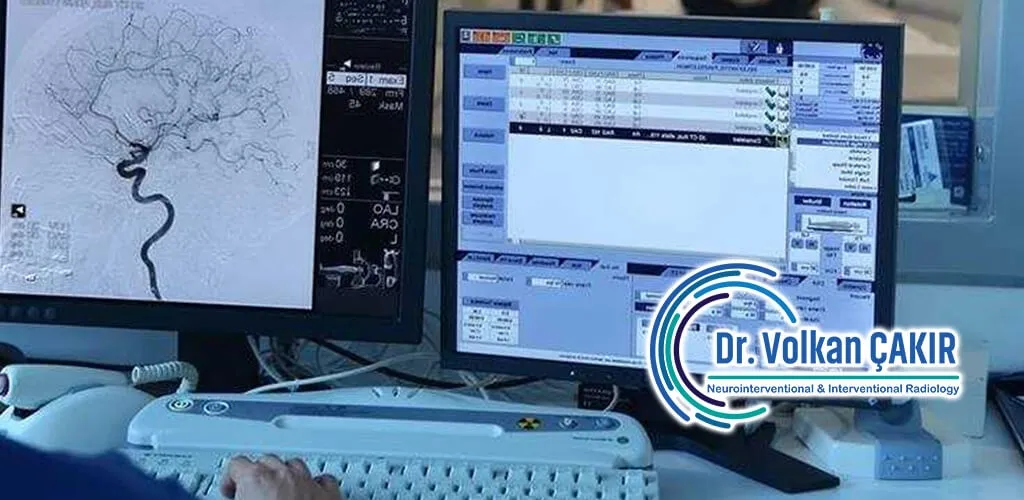Interventional radiology plays an important role in the diagnosis and treatment processes of patients along with the advancement of medicine. However, as with every medical procedure, interventional radiology procedures also have risks. In this article, you will find the potential risks that may be encountered in interventional radiology diagnosis and treatment procedures and the precautions taken against these risks.
1. Radiation Exposure
Although the imaging techniques used during interventional radiology procedures provide minimal radiation exposure, it is important to know that this is a potential risk. Dosages are meticulously adjusted to minimize the long-term effects of radiation and unnecessary radiation use is avoided during the procedures.
2. Infection Risk
As with every surgical intervention, interventional radiology procedures also carry a risk of infection. Acting in accordance with hygiene standards during and after the procedure is an important step in minimizing this risk.
3. Bleeding and Injury Risk
Interventional radiology procedures usually involve intravascular interventions. Therefore, there is a risk of damage to the vessel, bleeding or other injury. These risks are minimal in procedures performed by specialists, but it is important for patients to understand these possibilities and make informed decisions.
4. Drug Reactions
Drug use is also involved during interventional radiology procedures. Some people may have allergic reactions to these drugs. Doctors evaluate patients' allergies and use alternative contrast agents or drugs if possible, but it is also important for patients to share their medical history accurately to reduce this risk.
5. Complications and Outcomes
As with any surgical procedure, interventional radiology procedures can result in unexpected complications. Therefore, doctors explain the possible complications and possible outcomes to patients in detail. An informed consent process is important for patients to understand and accept these risks.
Conclusion: Informed Treatment Decisions
Although interventional radiology is a field that allows for the effective treatment of many diseases, it does involve certain risks, as with any medical procedure. It is important for patients to communicate openly with their doctors before interventional radiology procedures, understand the risks, and make informed treatment decisions.
Remember, every patient is different, and interventional radiologists strive to provide the safest and most effective solutions by personalizing treatment plans so that you do not encounter risks. You can always trust your specialist's guidance when making health-related decisions.





